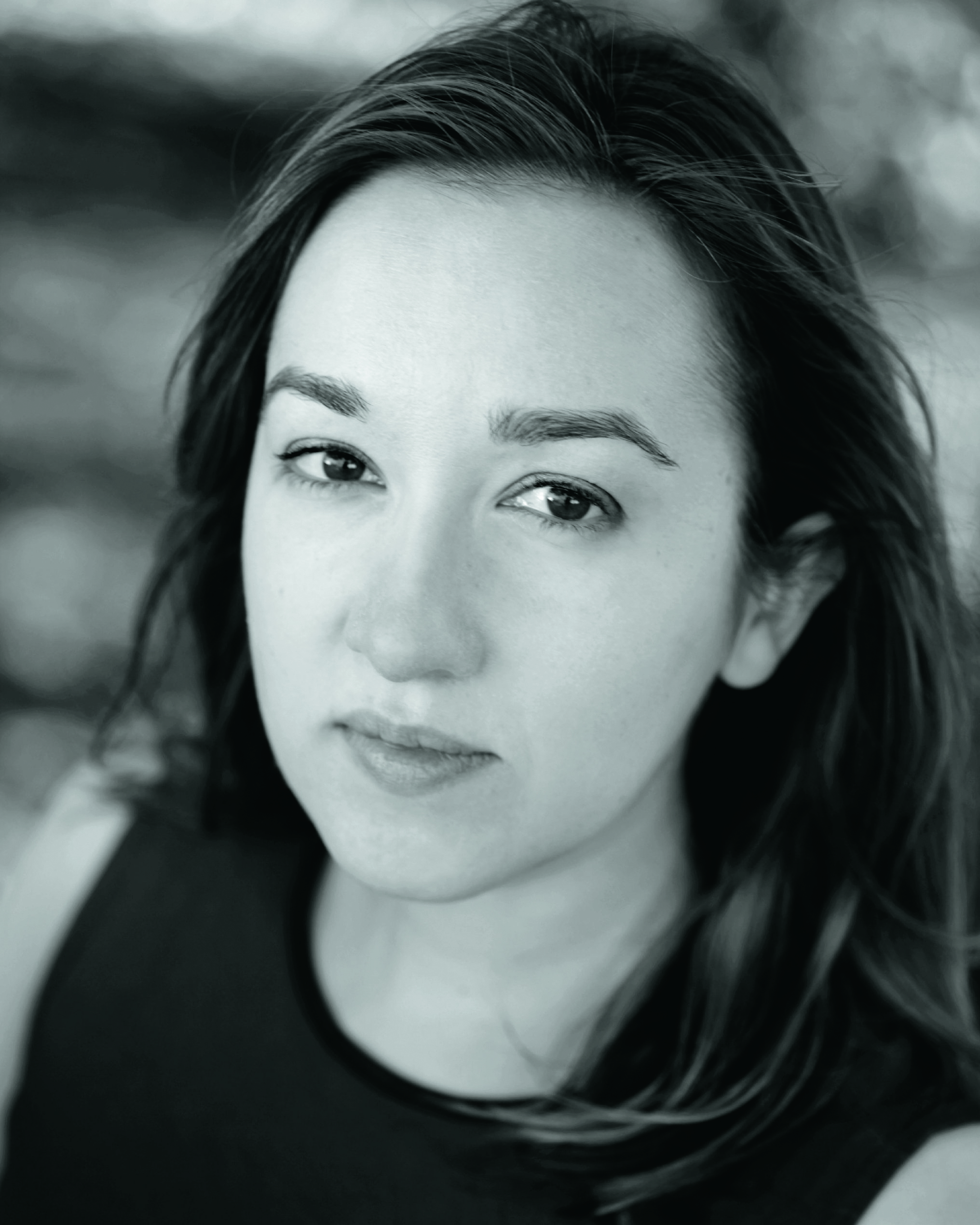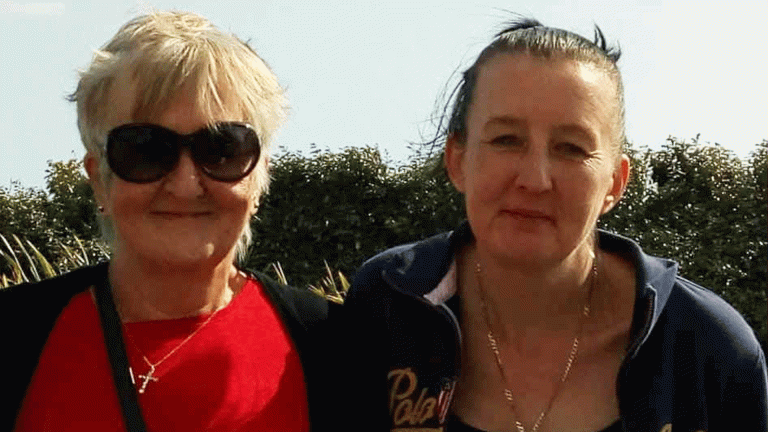
Becoming a playwright is never easy but my journey to success was more winding than most. Growing up, I loved to read Shakespeare but had little access to anything cultural. I left school aged 12 and spent my first night on the streets not long after. By 17, after a disastrous stint in foster care, I was being housed in B&Bs.
I went back to education when I was in my early 20s, passing exams via a correspondence course before applying to university as a mature student, going on to a PhD in neuroanthropology. Despite being a STEM student I discovered acting at university, founded a fringe theatre company during my master’s, and wrote my first play during the first year of my PhD. Theatre changed my life, and when that play was accepted for production, a whole new world – certainly a new career – opened up.
That’s why I was so thrilled when Cardboard Citizens commissioned me to write Sandwiches, which was inspired both by my own life, and by the sense I’d swum across a vast ocean and didn’t realise until I reached dry land how many sharks I’d avoided.
Which is to say, this monologue explores what so nearly could have happened. I’m acutely aware of how privileged I am to have been given these extraordinary opportunities. I obviously had benefits: My late dad (a gifted mathematician) escaped poverty via education, and he gave me a road map. But it was still so hard. Years of living in flats with mould all over the walls, unable to buy food till food became the enemy. Nights believing I would die because I couldn’t stop shaking from the cold, not being able to remember when I’d last eaten. But I was able to fight, and a lot of people simply can’t – and they shouldn’t be expected to. I was ‘lucky’ I guess in that my coping techniques were anorexia and self-harm – things that don’t necessarily contraindicate a successful academic career! – not drugs or sex. But avoiding addiction doesn’t make me a morally better person, just luckier.
And that’s why I wrote Sandwiches. To show the path from foster child to adult rough sleeper. To show that the care people pretend to show to the most vulnerable in society is conditional. A sandwich says, “I think if I give you cash, you’ll spend it on drugs.” A sandwich says, “I want to think of myself as the kind of Good Person who helps the homeless, but…” A sandwich says, “I think I know better than you.”
And this has to be addressed, because no one ends up on the streets without having been profoundly failed by the system. Repeatedly. For years. But I also wrote Sandwiches because the world needs to see homeless people as people, not poverty porn. Oriana White beautifully brought to life Ellie’s childlike optimism and love of nature. My deep love of animals grounded me throughout my own journey and it grounds Ellie in her rejection of other people’s condescension and sandwiches, enabling her to live life on her own terms.









